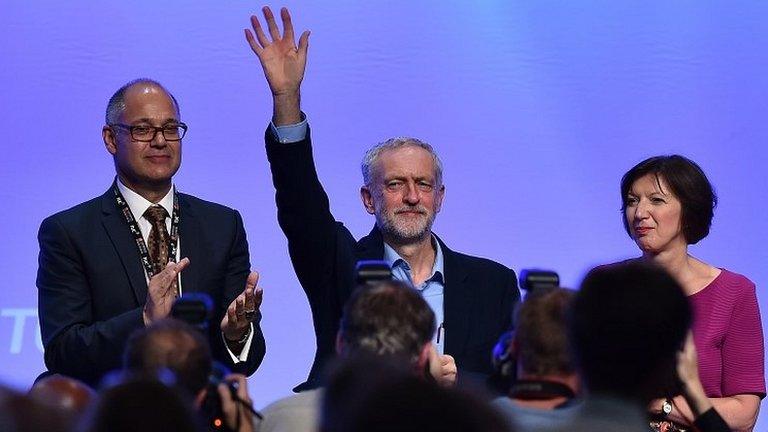Labour conference: Delegates will not debate Trident
- Published
- comments
Jeremy Corbyn: "I will do my persuasive best to bring them round to my point of view"
Labour will not debate the case for scrapping Britain's Trident nuclear weapons system at its conference in Brighton this week.
A highly anticipated vote on the motion had been expected to take place on Wednesday.
But it failed to get the support it needed from activists in a ballot selecting the issues to be discussed.
Mr Corbyn will still have to convince his MPs and ministers to back nuclear disarmament when Parliament votes.
Some trade unions are against scrapping Trident because it will cost jobs but Mr Corbyn says Britain should ditch its "weapons of mass destruction".
'Old battles'
Labour MPs are "likely" to get a free vote on renewing Trident when Parliament votes on the issue next year.
Mr Corbyn said Labour was an "open and democratic party and the members at conference have decided to discuss the issues that they want to debate this week.
"These are important issues like the NHS, the refugee crisis, mental health and housing."
Labour MP John Woodcock, who represents Barrow-in-Furness, where the Trident submarines are built, said it was a "sign many Labour supporters want to focus on public not re-run old battles that will split the party".
The eight issues selected for debate by Labour delegates are: Austerity and public services, employment rights, Europe, housing, the BBC licence fee, mental health, the NHS and the refugee crisis.

Analysis: Ross Hawkins, BBC political correspondent, in Brighton
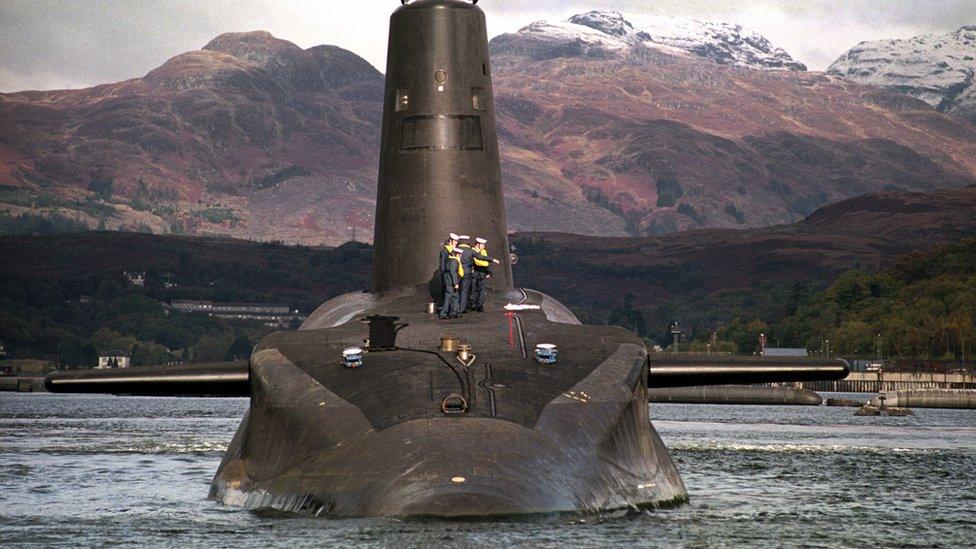
Labour's big row about Trident has been delayed, not resolved.
A reckoning will come, probably when the House of Commons votes next year. Then, Jeremy Corbyn may well have to vote against some of his own frontbenchers, and perhaps see his view rejected by a majority of his MPs.
Would that amount to a new kind of politics, or a bitter blow to a new leader's authority? One shadow minister shrugs, baffled when the question is put.
For now, there is bad blood. Mr Corbyn is opposed not only by two huge unions but some senior colleagues. One describes a day that saw a vote on Trident talked up then axed by conference as an utter shambles. Some even thought they might have to resign over the issue here in Brighton.
So they are perplexed not to have heard more directly from their leader. There is talk of frontbenchers learning where he stands on this party-defining issue via Twitter.
As Mr Corbyn reaches out to new voters, some of his colleagues wish he would spend a bit more time talking to them, whether they are persuaded by his arguments or not.

Trident is the UK's sea-based nuclear weapons system - made up of submarines, missiles and warheads - and while the current generation will not begin to end their working lives until some time in the late 2020s, work on a replacement cannot be delayed because of the time it will take to complete.
Mr Corbyn, who is a longstanding anti-nuclear campaigner, said he hoped to do his "persuasive best" to get his deputy Tom Watson and other shadow cabinet members, such as shadow foreign secretary Hilary Benn and shadow justice secretary Lord Falconer, to back him on Trident, but it would not be a "disaster" if there was a difference of opinion.
He said: "We are going to come to an accommodation of some sort."

Mr Watson, a former defence minister, told BBC Radio 5 Live's Pienaar's Politics: "Jeremy says he seeks to persuade us - I seek to persuade him too."
He added that in "modern politics... you simply cannot have homogeneous positions where 200 people follow a line on everything".
But former Labour leadership contender Chuka Umunna, who ruled out serving in the shadow cabinet because of differences with Mr Corbyn over issues including Trident, said it was "not plausible for us as an opposition not to have a position on the defence of the realm".
"I'm all for debate but, ultimately, we are going to have to have settled positions on things if people are to know what it is they are voting for," he told a fringe meeting.
In other conference developments:
Labour is to call for the UN to set up safe havens in Syria that could be maintained by no-fly zones and peacekeeping troops. The party also leaves the option of backing UK air strikes on Islamic State fighters in Syria on the table
US-owned pharmacy giant Boots hit back at Jeremy Corbyn's criticism of its corporate tax arrangements saying it was "a significant contributor to the UK economy and pays a significant amount of other applicable taxes"
Jeremy Corbyn named his panel of economic advisers including Nobel Prize winner Joseph Stiglitz and Capital in the 21st Century author Thomas Piketty
Angela Eagle, chair of Labour's National Policy Forum, told the conference the party was launching a review of how it makes its policies to engage people "more directly"
Labour Deputy Leader Tom Watson told activists at a fringe meeting they were now in an "unequivocal anti-austerity party," to loud cheers
Unite leader Len McCluskey announced the death of TINA (Margaret Thatcher's There Is No Alternative economics) and the birth of TIARA (There Is a Real Alternative)
Jeremy Corbyn accused the SNP of saying they are against austerity while pursuing policies which continue it and defended his controversial talks with Irish republicans during the Troubles
- Published26 September 2015
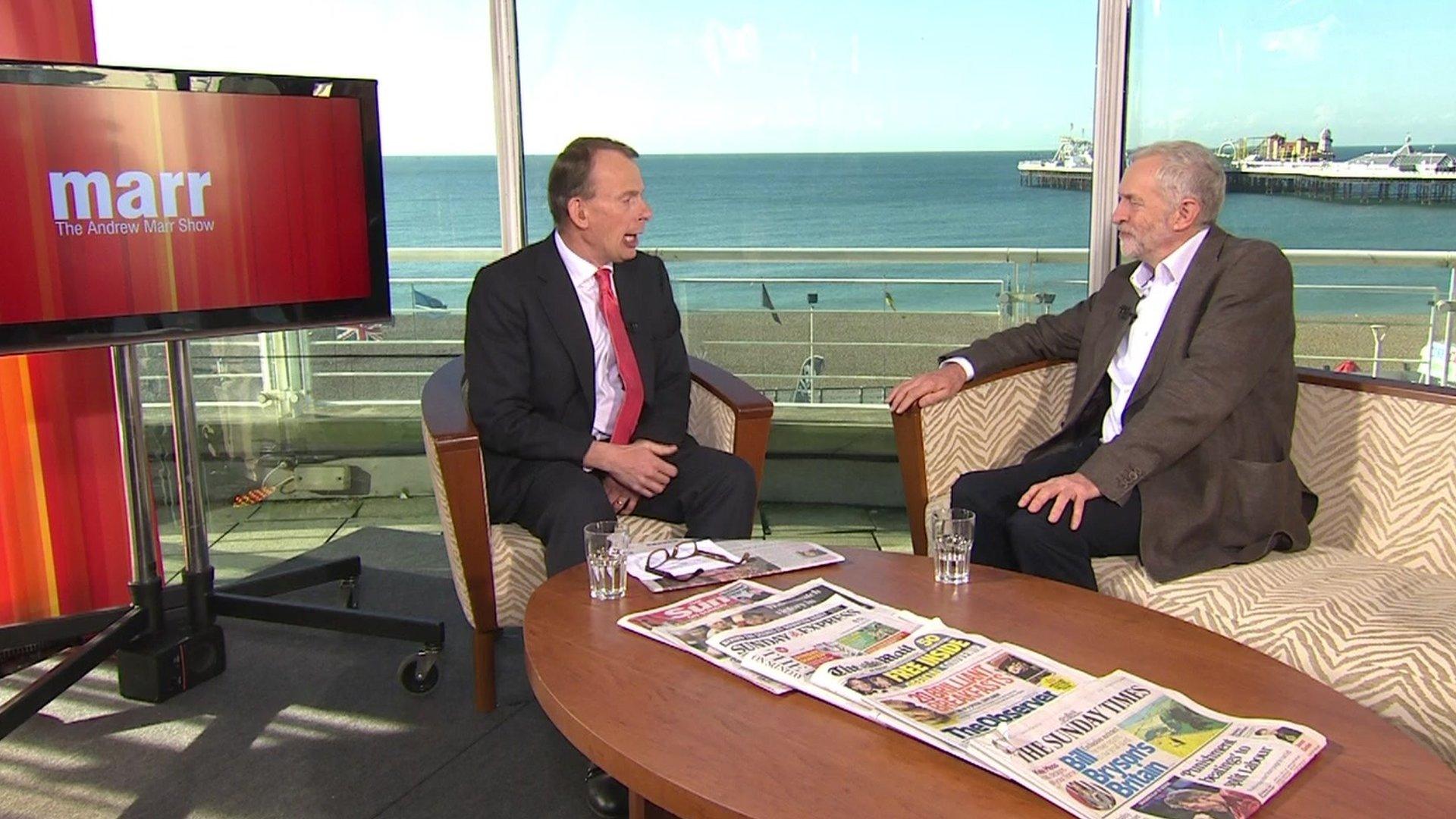
- Published27 September 2015

- Published27 September 2015
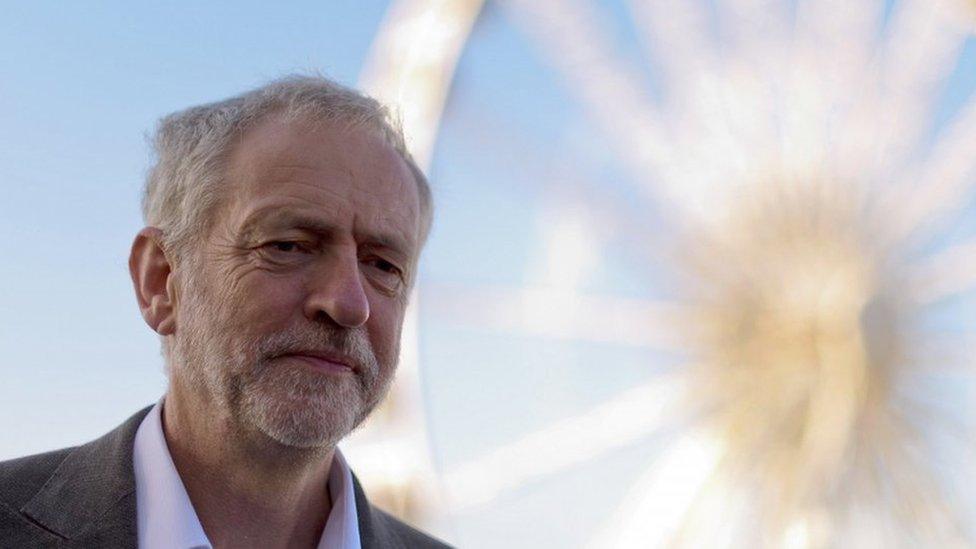
- Published27 September 2015
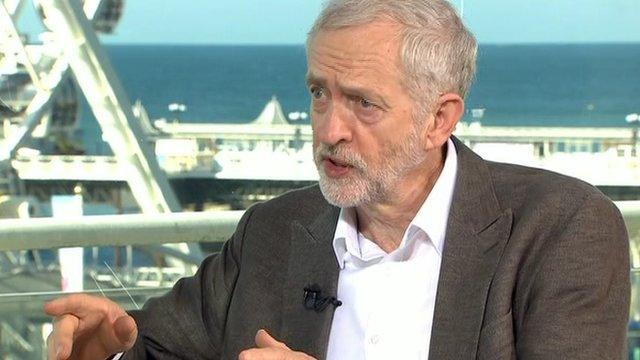
- Published27 September 2015
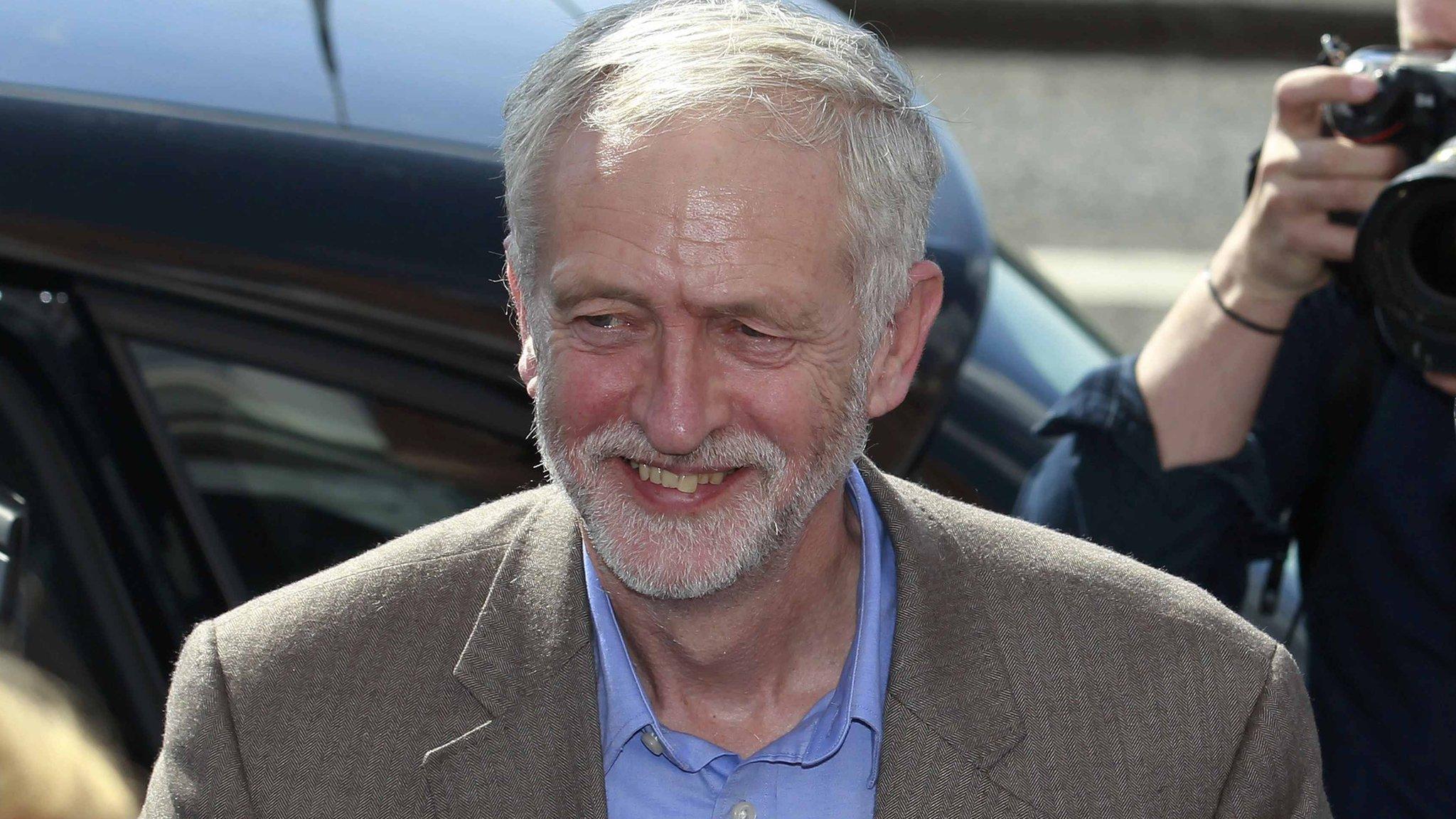
- Published27 September 2015
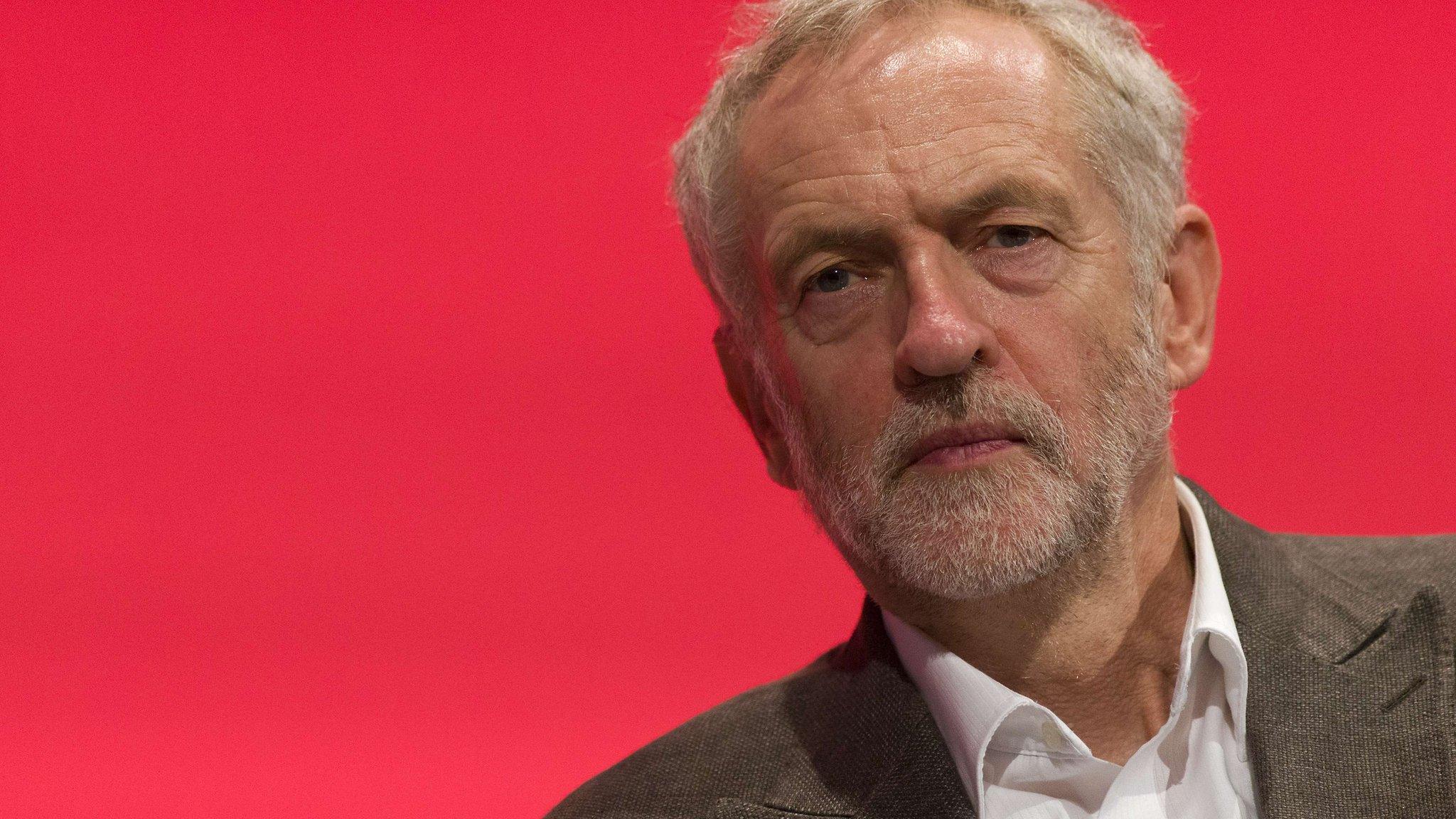
- Published26 September 2015
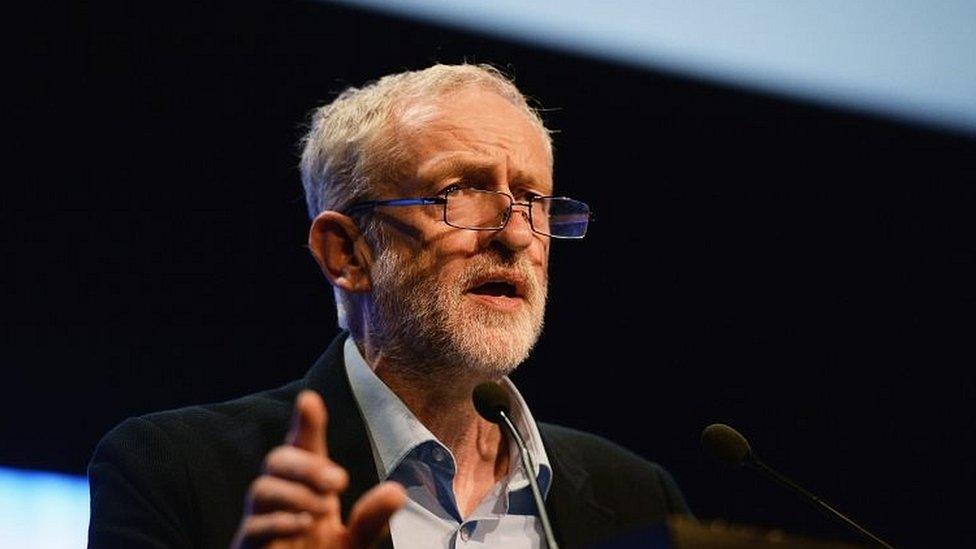
- Published26 September 2015
